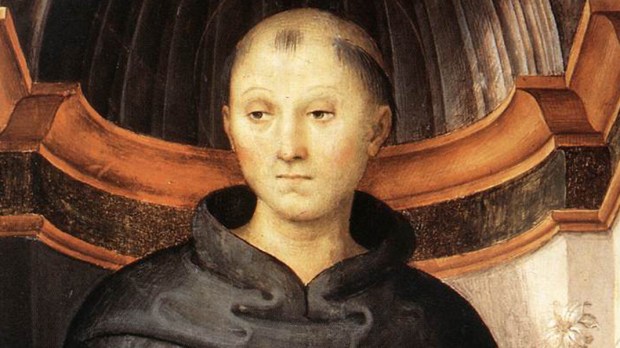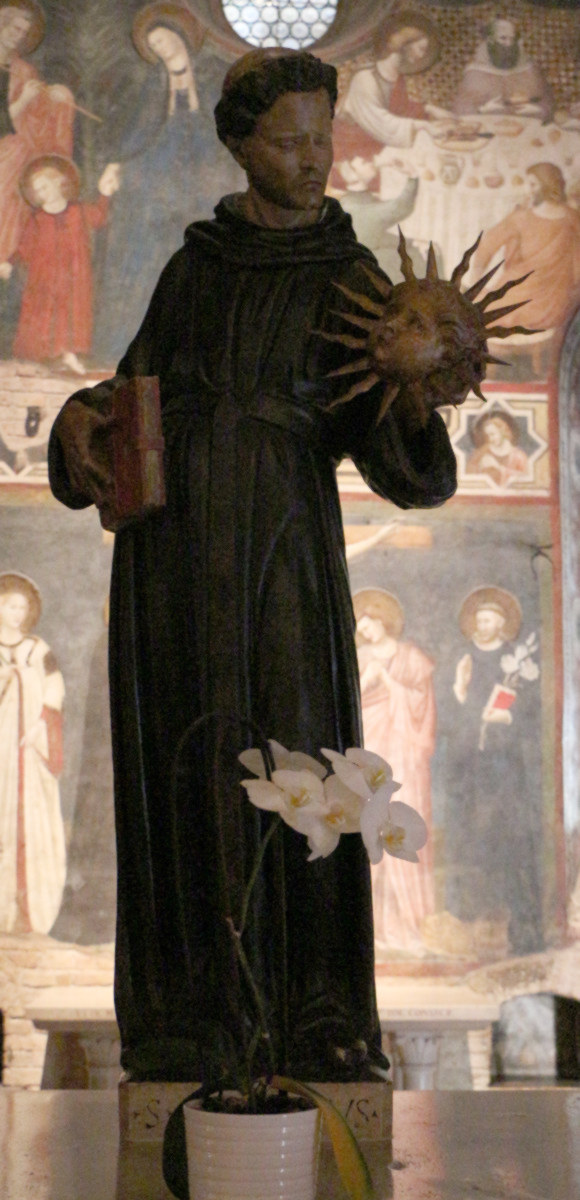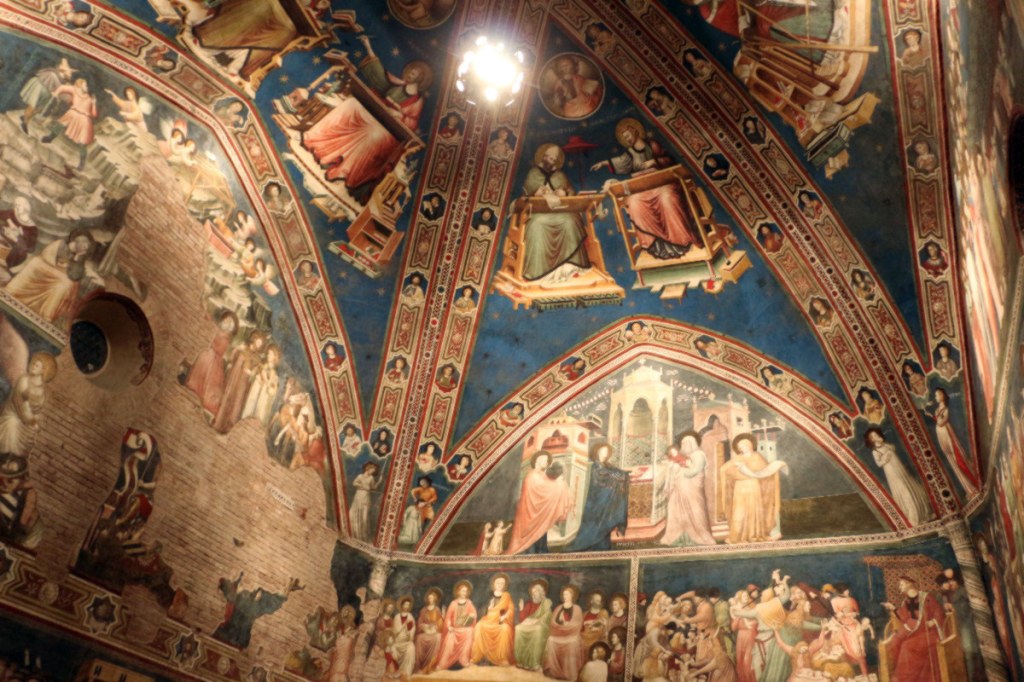Some saints have patronages that are not especially relevant to most people (for example, there is a patron saint of chimney sweeps).
Then there’s St. Nicholas of Tolentino, a 13th-century Italian mystic and Augustinian priest, whose patronage is about as relevant as it gets: He is the patron saint of souls in purgatory. And September 10 is his feast day.
Nicholas was born in 1245 in the central Italian region of Marche. He came from a family of humble financial means, and The Catholic Encyclopedia describes his parents as “pious folk … living content with a small substance.”
Inspired by the preaching of a local Augustinian, Nicholas joined the order as a novice when he was a teenager. After seven years with the Augustinians, he was ordained a priest.
Soon into his priesthood, he acquired a reputation as a highly effective speaker. This talent, combined with a gentle disposition, saw him entrusted with the role of peacemaker in regional political disputes.
Around age 30, Nicholas had visions of angels telling him to go to Tolentino, a community about 15 miles away from his hometown.
He would spend the remaining 30 years of his life at Tolentino, where he preached almost every day.
Visions of purgatory
Along with his preaching, Nicholas received many visions of purgatory, which tended to come during periods of fasting. After having these visions, much of his spiritual focus turned to the welfare of souls in purgatory. As for the living, much of his ministerial focus was devoted to persons who had drifted away from the Church, many of whom lived on the fringes of society.
Rendered very weak after one particularly long period of fasting, he regained his strength by eating bread marked with a cross and dunked in water. This recovery launched the Augustinian tradition of St. Nicholas Bread.
Eventually, though, he was suffering a prolonged illness, from which no amount of bread could beget a recovery. He died on September 10, 1305, at age 60.
His remains are interred in the Shrine of St. Nicholas in the Basilica di San Nicola of Tolentino.
1st canonized Augustinian
Almost immediately after his death, clamors for his canonization arose, and he received credit for a series of miracles.
Canonized by Pope Eugene IV on June 5, 1446, Nicholas became the first member of the Augustinian order to receive formal canonization.
An altarpiece designed in 1501 by the Renaissance master Raphael depicts Nicholas with the devil beneath his feet. Above Nicholas are St. Augustine, the Virgin Mary, and God.
In 1884, Pope Leo XIII proclaimed Nicholas the patron of souls in purgatory.
In the current day, churches dedicated to St. Nicholas of Tolentino stand at locations ranging from Venice to the Bronx. He is the patron of several cities in his Italian homeland. And there are even cities as far away as the Philippines that also regard him as their patron.
In some ways, though, it is surprising that he is not more prominent. After all, this is clearly a saint with universal appeal. There’s a very good chance that most, if not all, of us have known someone who currently inhabits the purgatorial realm. What’s more, there’s a very high chance that we ourselves might eventually have a profound personal need for St. Nicholas of Tolentino.






